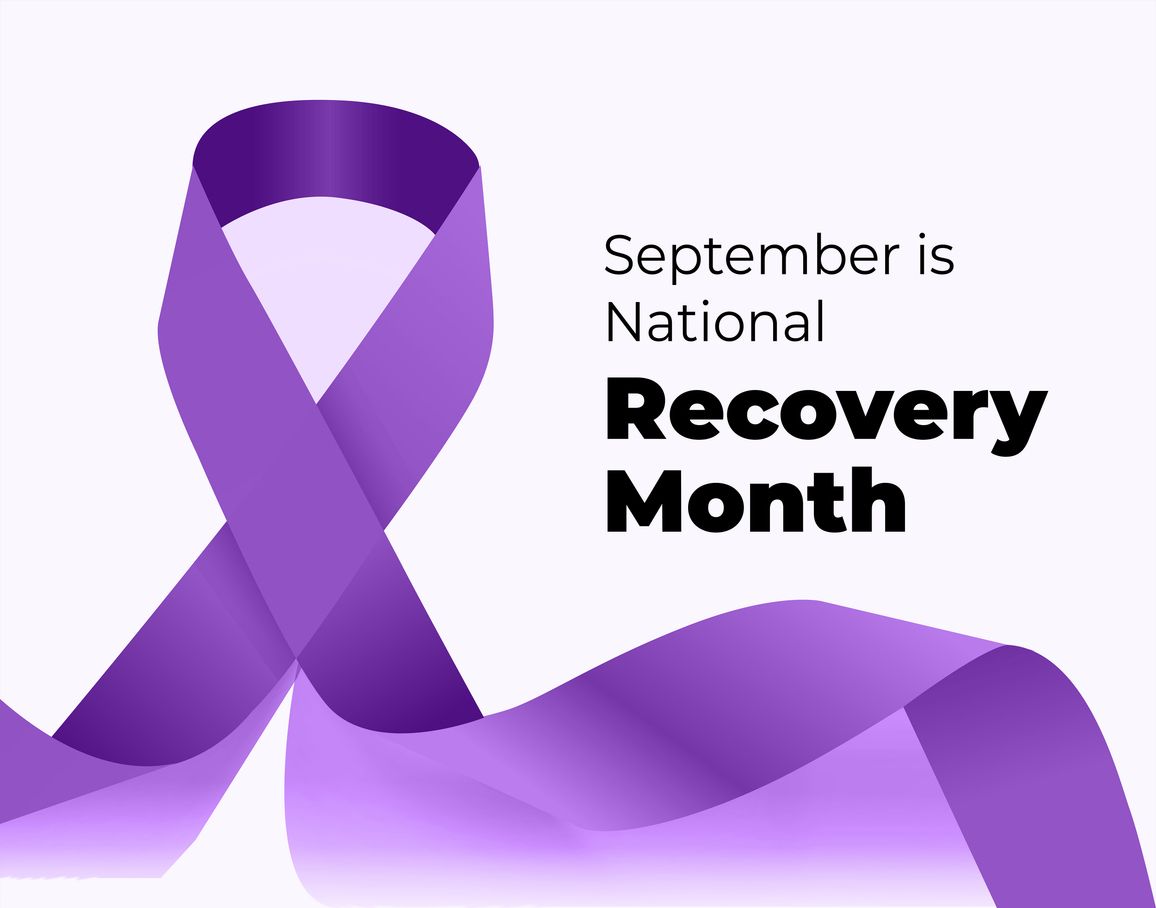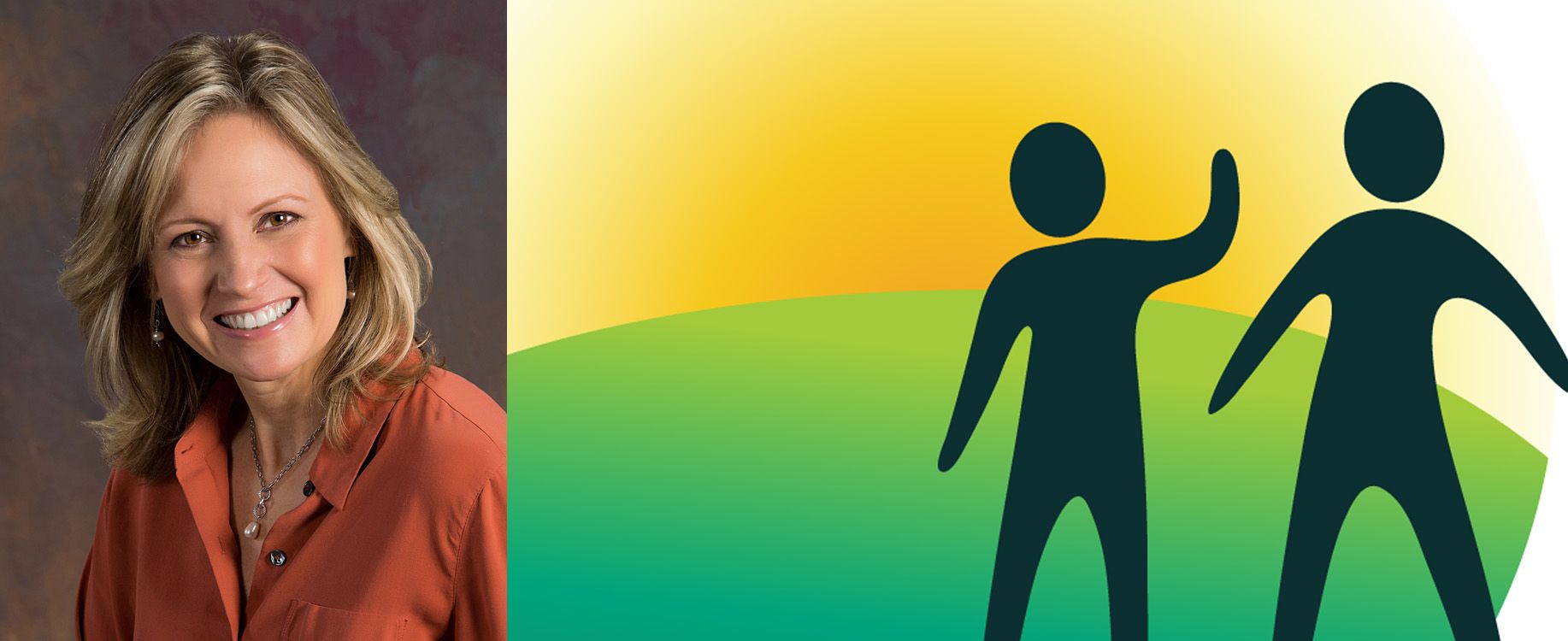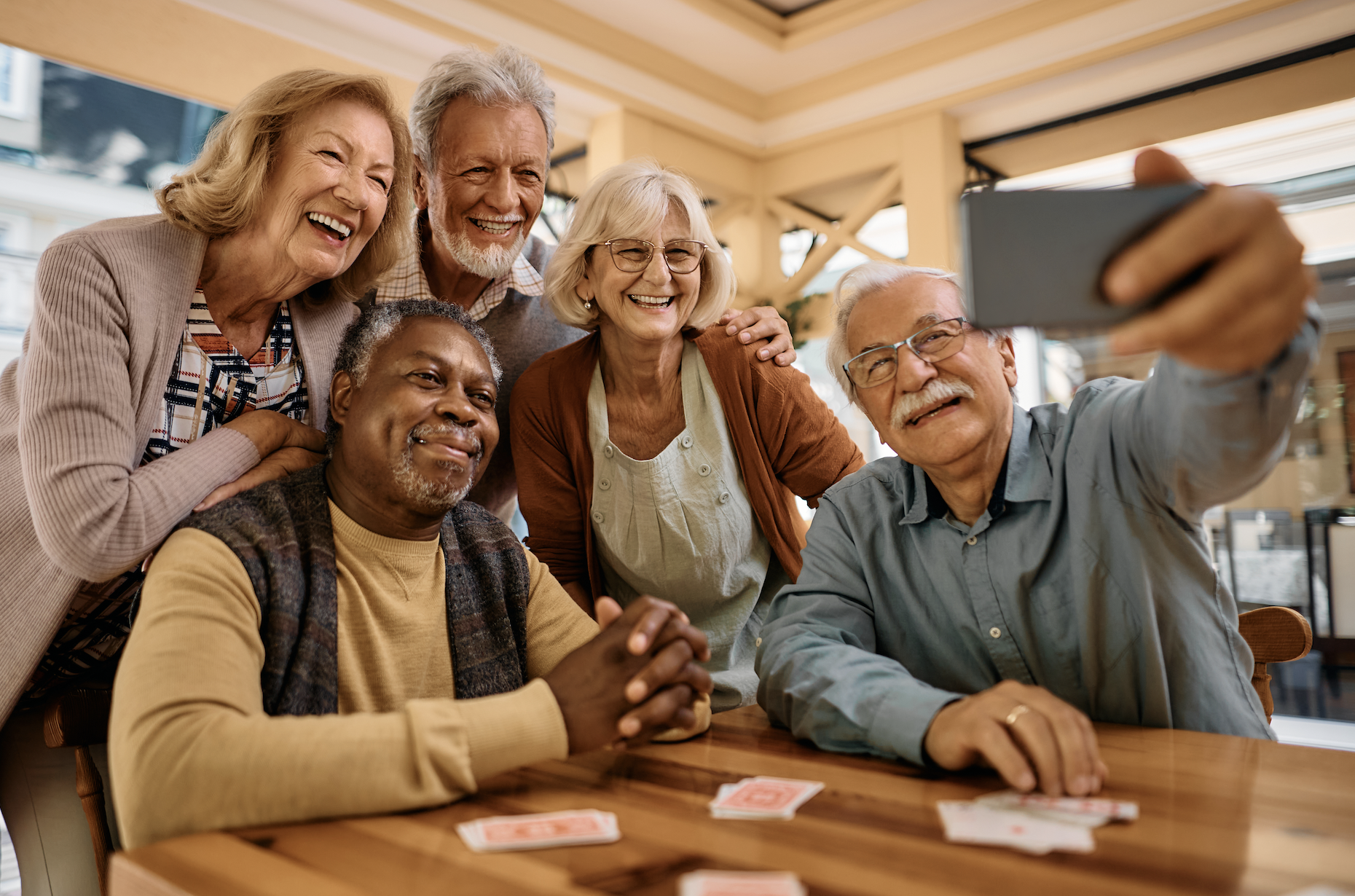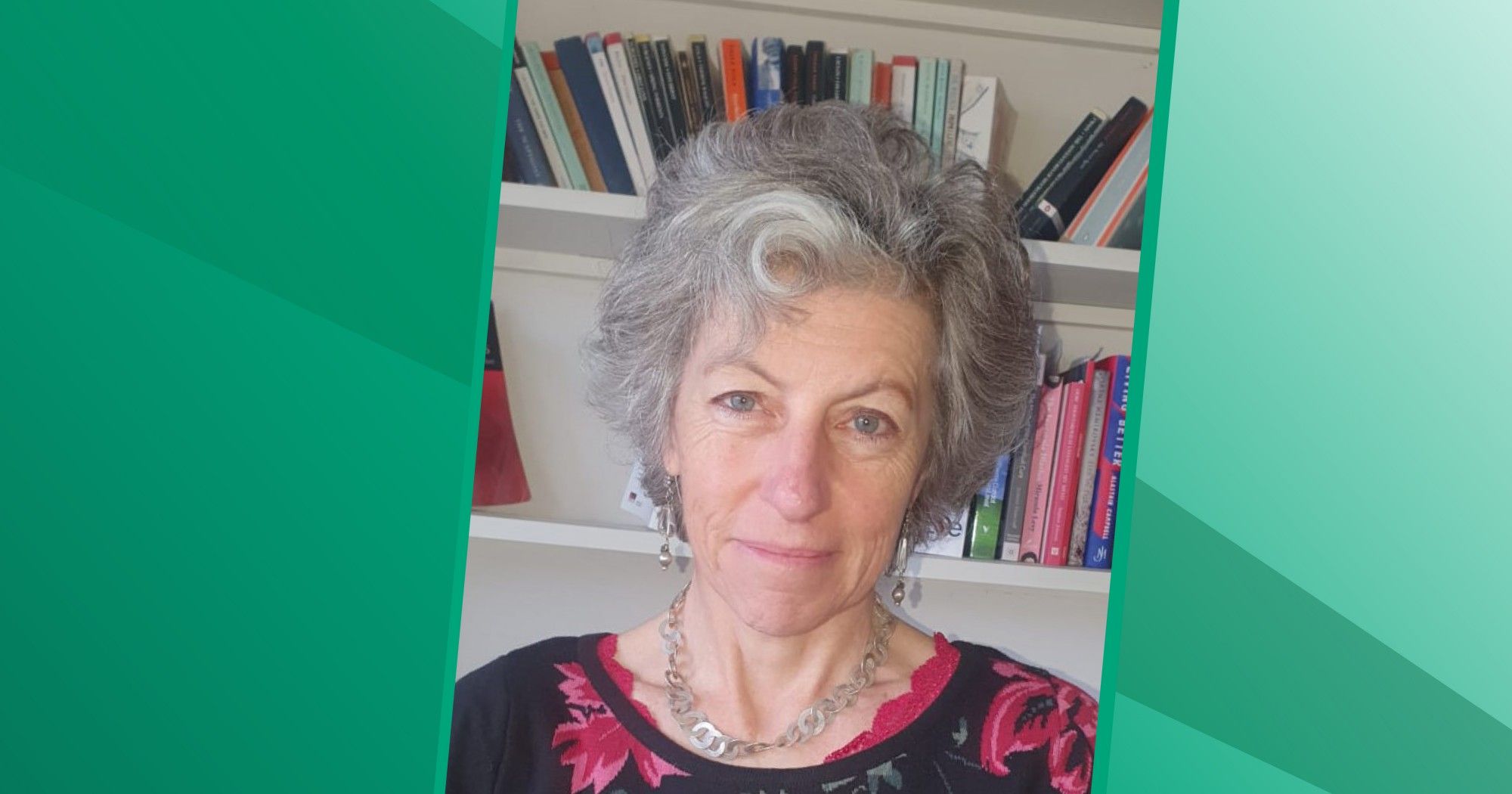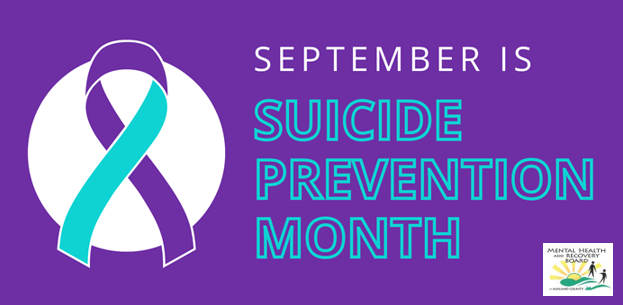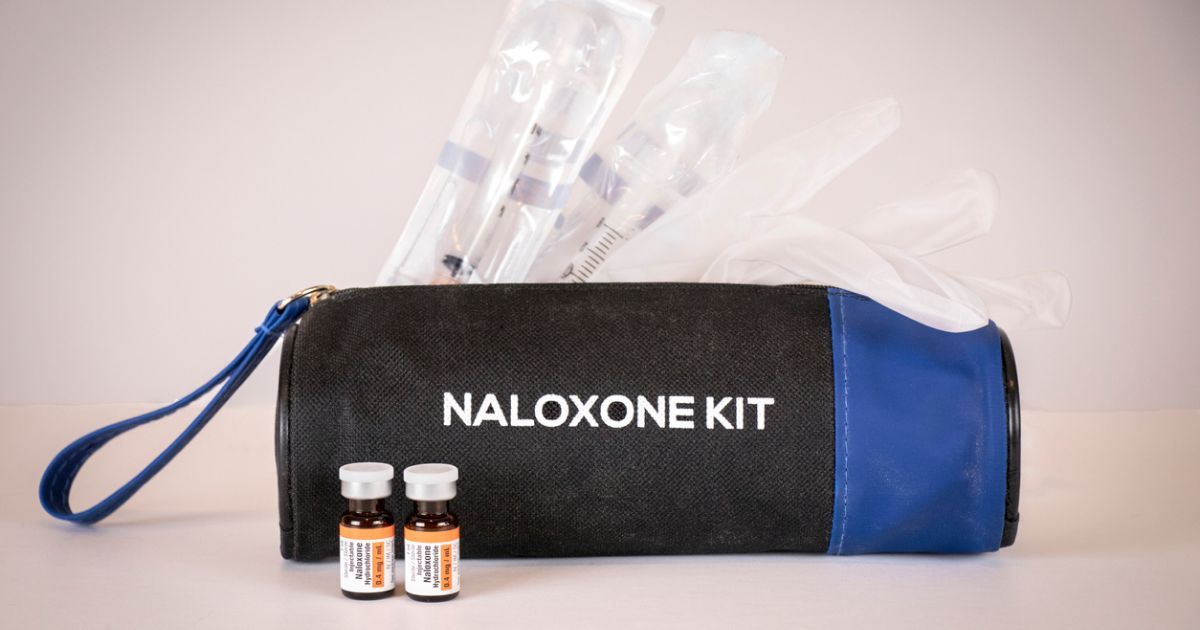Some people anticipate the “golden years” with joy and excitement. For others, growing older is met with dread and resignation. If you’re unsure of what the future holds for you—wherever you find yourself along that spectrum—chew on these ideas to make sure your golden years don’t become fool’s gold.
1. Throw Away Archaic Ideas about Getting Older
Due to medical advancements in disease prevention and treatment, increased awareness about preventative health, fewer wars, improved standards of living, and a significant decrease in infant mortality rates, people are living longer.
Much longer.
From 1860 to 2020, the United States’ median life expectancy from birth has doubled, from 39 years to nearly 79 years.
Plus, it isn’t just that we’re living longer, we’re also staying active and healthier longer. The National Council on Aging says that on average, a 65-year-old man can expect to live an additional 17 years. “For most older adults, good health ensures independence, security, and productivity as they age.”
So, try to stop thinking about getting older as a countdown to death. Instead, think of it as the next stage of your life.
2. Work Smarter, Not Harder
That being said, our bodies don’t always move the way we expect them to now, the way they did when we were younger.
Rather than fight through and keep doing things the way you’ve always done them, or worse, give up, look for every opportunity to make your daily chores and activities easier and simpler.
Simplify Bill Pay and Banking
Technology can help you simplify daily tasks that used to take up a lot of your time and energy. Solicit one of your grandkids or tech-savvy sons or daughters to help you find ways to manage your bills easier, set up auto-pay, etc., or stop by your local bank here in Ashland County to ask the attendants what tools are available to you.
Hire or Solicit Help with Hard Labor
Hand over some of the more physically demanding tasks you’ve managed most of your adult life, like taking care of the lawn, or scrubbing the house and windows. Contact a local landscaper, or, better yet, a grandchild, to manage this work for you. Don’t be afraid to ask for help with these tasks—time spent helping their elders is a valuable investment in their character as humans.
Find Modifications for Your Favorite Hobbies
Sometimes our favorite activities slip away from us because we are no longer physically or mentally able to tackle them, but just because you need to modify an activity doesn’t mean that it is no longer of value to you. For example, many older adults who used to love tennis are picking up pickleball, and there are even new courts at Cahn Grove Park in Ashland!
Browse all of the different courts and activities available in the City of Ashland Parks, and don’t forget about our 18 excellent Ashland County Parks you can explore. Getting out in nature is a great way to boost your mental and physical health, and staying active in general will help you continue to feel vibrant and alive, even if your favorite hobbies have changed.
Seek Support from Available Ashland Resources
When you find yourself struggling, don’t wait until a crisis happens to connect with help. There are ample resources available in Ashland County to support your physical and mental health needs. The Mental Health and Recovery Board can help you find support. The Ashland Council on Aging can point you in the right direction for help. And many other social service organizations in our community exist to make sure that your needs are adequately met.
3. Retire into New Purpose and Meaning
So many older adults anticipate the days when they can set aside their regular work life and enter into a new phase. Before you say goodbye to your boss, though, you need to figure out what you plan to say hello to after you retire.
Retirement might mean more time to relax, but once you’ve caught up on your sleep and other small projects around the house, what will you have to fill your time? Spend some time outlining the things that give you the most pleasure and sense of fulfillment. Perhaps it’s traveling, spending time with grandchildren, or gardening. Maybe you’ve always wanted to be able to volunteer more at church or in the community.
Identify what the future after retirement looks like so that you can enter into retirement eager and ready for the next adventure.
4. …Or Don’t Retire at All
Because people are living longer and healthier lives, some folks have said, forget it, I’m never retiring!
No one says you have to pull the plug on your professional life at 65. If you find a sense of joy and fulfillment through work, perhaps retirement isn’t for you!
The Wall Street Journal recently interviewed many different older adults who have made the decision not to retire. Their philosophies range from maintaining a sense of purpose to keeping busy and beyond. Reading their stories may help you envision a different kind of older adulthood than you thought possible.
5. Stay Connected to Your Community
One of the greatest dangers to older adults is becoming isolated from community. People need each other to support their physical, emotional, mental, and spiritual lives.
The Ashland YMCA, The Salvation Army Kroc Center, Ashland Council on Aging, and other organizations in Ashland can help you stay connected to other members of the community. If you don’t already have a church or faith community, consider seeking out a church family to connect with. If you are a military veteran, connect with the local Am Vets or VFWs. If you want to know how you can help serve the rest of the community, join the Rotary Club or Lions Club.
Find healthy outlets in which you can build relationships with others in the Ashland area.
6. Plan for the Next Next Stage of Life
We’ve all heard (and maybe even experienced) the horror stories of loved ones who left behind a legacy of poor financial management, no advance directives or care plan for end-of-life, and no guidance for how they wanted to be remembered.
And we’ve all thought to ourselves, “We won’t do that to our children.”
Well, now’s the time to start planning for the next next stage of your life. End-of-life care, age-in-place care, advance directives, and last will and testaments aren’t exactly fun table talk, but what many people find when they enter into this kind of planning is that it is actually quite empowering. You get to decide how you want to spend your last days. Your last gift to your children is a well-organized plan for how to handle your estate.
With this roadmap in place, you can have peace of mind that when your time does come, your loved ones can grieve without the burdens of managing messy books and complicated relationships.
7. “Keep Death Daily Before Your Eyes”
While we’re at it, let’s talk about death some more.
One of the temptations of growing older is to enter old age kicking and screaming. But none of us can stop the sands of time.
Instead of denying that your life will have an end date, take a word of advice from fifth century monk Saint Benedict, and “keep death daily before your eyes.”
“Memento mori,” or remember death, seems perhaps like a morbid and unhealthy fixation on your eventual demise, but in truth, according to Tracy Rittmueller, recognizing and accepting our own mortality changes the way we think and live. It reminds us that life is fragile. And, perhaps oddly enough, it heightens our experience of joy.
Tracy writes in her article “3 things nuns, monks, and poets know about why you should ‘keep death daily before your eyes,” “When we know death and the possibility of loss, the magnitude of our joy increases.”
What happens when we remember death?
“We try to live the majority of our days as if they were our last, enabling us, when we come to the moment of our deaths, to know that we have lived a good life—a life surrendered to love,” writes Tracy Rittmueller.
We all want to live a good life, even to the end. The best way to ensure that happens is to live today, fully.
The Mental Health and Recovery Board of Ashland County strives to support the mental health of all members of our community. Explore our website to learn about how we operate, our partner agencies, and more resources that are available for all ages and stages of life.


